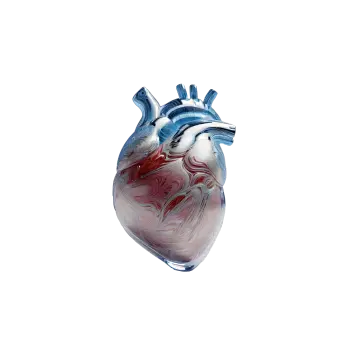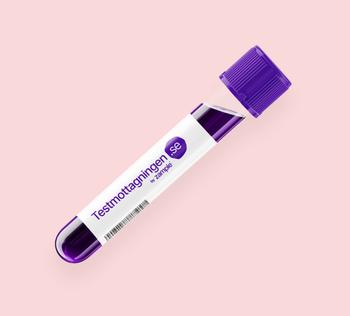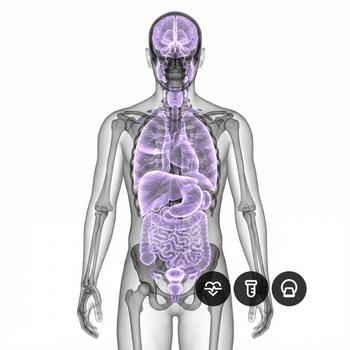What is glucose?
Glucose is a type of sugar found in the blood and is the body's main source of energy. Glucose comes from the food you eat. Insulin which is a hormone helps move glucose from your bloodstream into your cells to give them energy.
By blood sugar, sugar in the blood or blood glucose is meant the concentration of glucose in your blood. It is often expressed as mmol/L, which stands for millimoles per liter. You can have both high and low blood sugar. People who have diabetes have abnormally high blood sugar.
What can a high value of glucose (blood sugar) be due to?
A high value is when P-Glucose value has been measured at 7.0 mmol/L or higher on at least two different days. A high value may be due to diabetes. But also drugs and other diseases can raise blood sugar, these diseases cause the body's energy system to become stressed, such as in the case of a severe infection, heart attack, disease that affects the hormones from the adrenal glands or the pituitary gland. It can also be a disease of the pancreas or liver.
Symptoms of high blood sugar (glucose)
- Weight loss when you're not trying to lose weight
- Increased thirst
- Increased toilet visits (urine)
- Numbness or tingling in your feet or hands
- Blurred vision
- Fatigue
- Wounds that won't heal
What can a low value of glucose (blood sugar) mean?
Low values usually do not appear in diabetics unless they have taken too much of the blood sugar-lowering drug prescribed by a doctor. Or if you have exerted yourself physically without eating enough beforehand.
A low value is considered lower than normal when the P-glucose result is below 4 mmol/L. However, this is very unusual even in those who do not have diabetes, when the value falls below 4 mmol/L it may be due to starvation or a long-term dieting or fasting.
Symptoms of low blood sugar (glucose):
- Fainting or convulsions
- Shaky/nervous
- Hunger
- Headache
- Fatigue
- Feeling of being dizzy, confused or irritated
- A fast heart rhythm or arrhythmia
- Have difficulty seeing or speaking clearly
- are overweight or have obesity
- are 45 or older
- have a family history of diabetes
- have high blood pressure
- don't exercise enough
- have a history of heart disease or stroke
- have had gestational diabetes (diabetes that only occurs during pregnancy).
If you are pregnant, you can do a glucose load in weeks 28-29, which is the most common time during pregnancy to get gestational diabetes.










































